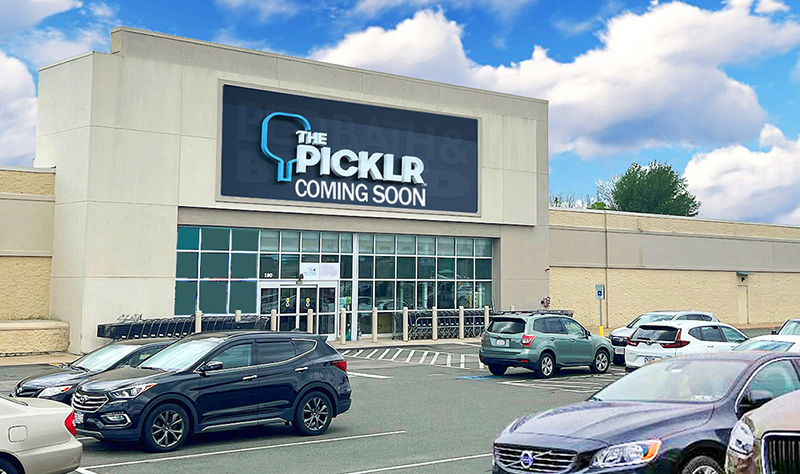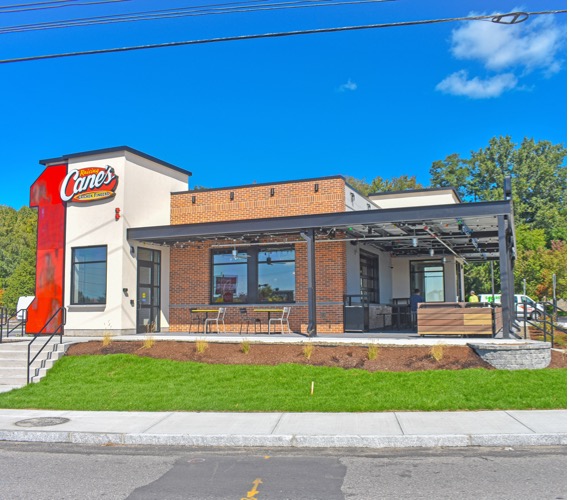News: Retail
Posted: June 26, 2008
Due diligence efforts from an engineer's standpoint
When speaking with clients about new real estate development, evaluating risk, and making smart calculated decisions, the conversation inevitably centers on due diligence efforts. Due diligence can mean many things to different people, but to most consulting engineers, it entails looking for site development related issues that can have significant impacts on a project, or in a worst case scenario, kill a deal.
There are some who will say it sounds self serving for a consultant to profess the benefit of due diligence, but we are seeing more and more clients recognizing the value of these efforts and investments at the early stages of a project. In most markets land is scarce and sites are getting more expensive, there are less of them, and they have more associated issues. This makes it all the more critical that development challenges are flushed out early so site constraints are identified, cost issues realized, and realistic overall site yields are identified. Ultimately (and simplistically stated) these results, measured against the land value, are what may lead you to "deal or no deal" decisions.
Due diligence efforts from a consulting engineer's standpoint typically involves any number of issues including zoning analysis, permitting process and critical paths, approval probability, impact fees, utility capacity and connection fees, environmental issues, stormwater management, unique site conditions, access, survey/title issues, and geotechnical, just to name a few. The due diligence efforts can be as little as a cursory review of the above issues or in-depth studies such as full surveys, drilling and geotechnical investigations, preliminary meetings with towns, or more. In most circumstances, an initial site review will identify one or more key issues that drive the project and require an added level of examination.
For example, we worked on a project where a simple sanitary sewer connection was needed for a new restaurant at a shopping center, and connection fees were in excess of $100,000. But it's not always about physical site constraints; time is money and as the regulatory process becomes more cumbersome, it's not uncommon to measure site development timelines in years. Many developers have tenants that need to be in a space by specific drop dead dates or there may be penalties or lost deals, so knowing realistic permit timelines is often as critical as site issues. It's vital to identify any major issues early in order to avoid spending significant soft cost fees only to find out about a situation that drastically affects your deal when it's too late.
Another benefit of timely due diligence is the ability to incorporate findings that may have a significant impact on the site into negotiations. Often, sellers think that their property is "the best and only piece left" in a market, and may tend to price the land that way. Having hard facts with professional opinions and evaluations of site issues put the developer in a position of strength when negotiating, as you can quantitatively identify the things that will cost you extra to develop the site. Additionally, the information may lead you to extending due diligence periods, or overall time frames of contracts prior to any money going hard if you know you're facing a lengthy permit timeline. Many developers may handle this by gut instinct; however, as the deals get tighter, the negotiations get more difficult, and sellers get more educated, there is no substitute for raw facts when defending your position.
This is an interesting period in the development arena with tough economic times today and down the road. That said, we've seen a trend that the most successful developers and prospects are those that have invested in sophisticated up-front due diligence. A minor cost up-front can potentially avoid major costs later in your project.
William Goebel, PE, is principal at Bohler Engineering, Southborough Mass.
Tags:
Retail
MORE FROM Retail
Mace of KeyPoint Partners negotiates 36,192 s/f lease for The Picklr at Endicott Square
Danvers, MA KeyPoint Partners (KPP) negotiated a lease with the nation’s premier indoor pickleball venue The Picklr at Endicott Sq. Vice president of retail brokerage Don Mace negotiated the transaction on behalf of the landlord.





.jpg)


